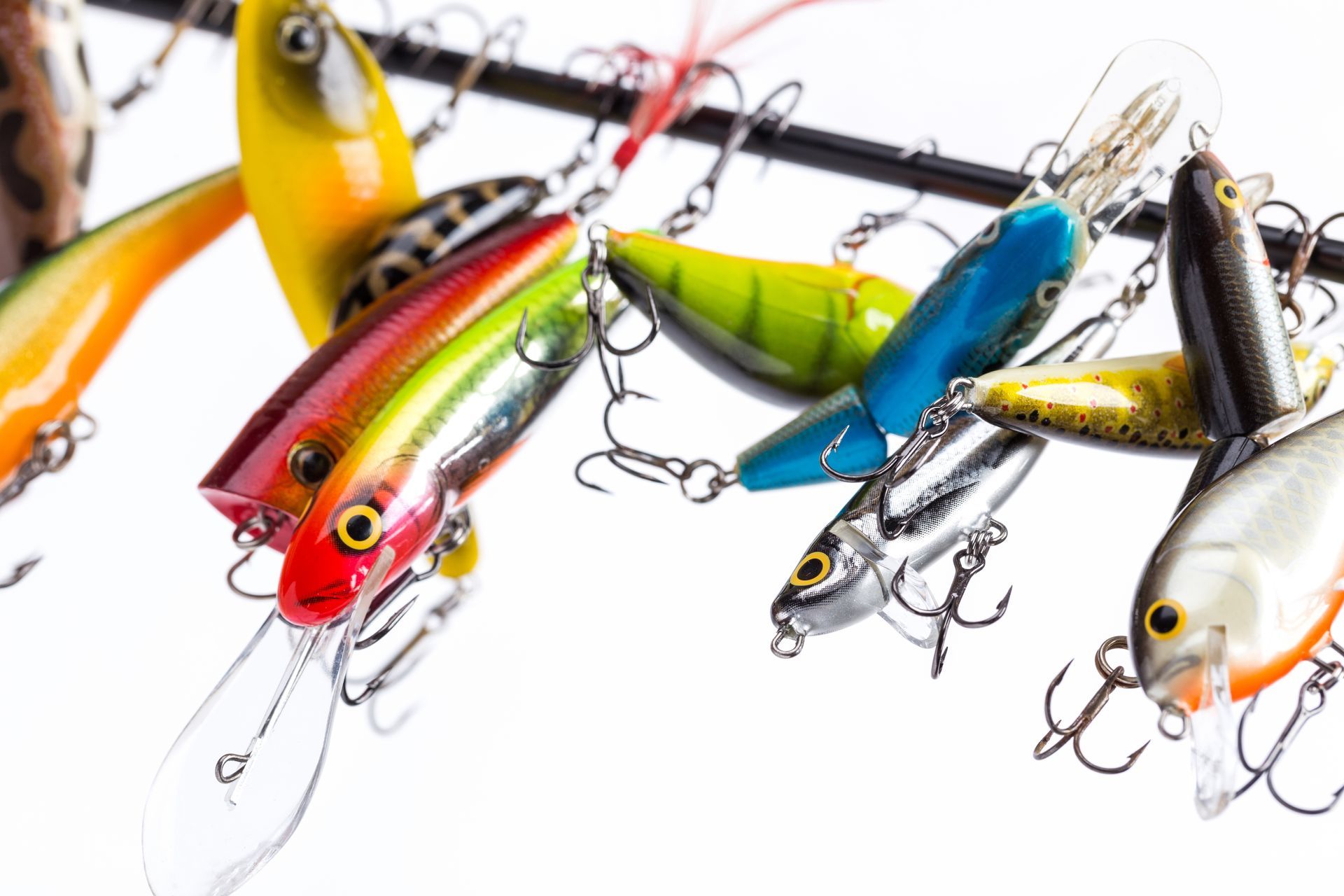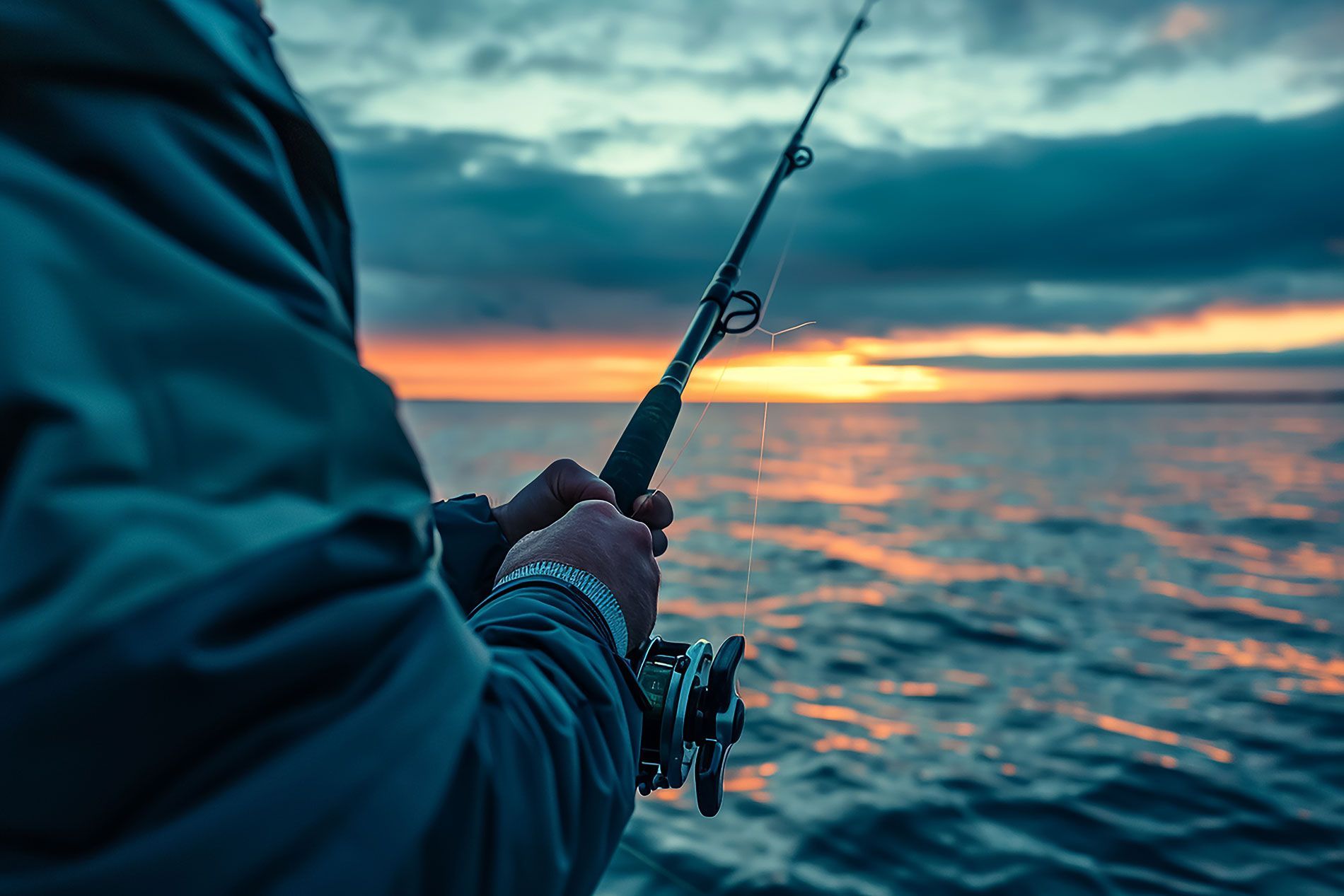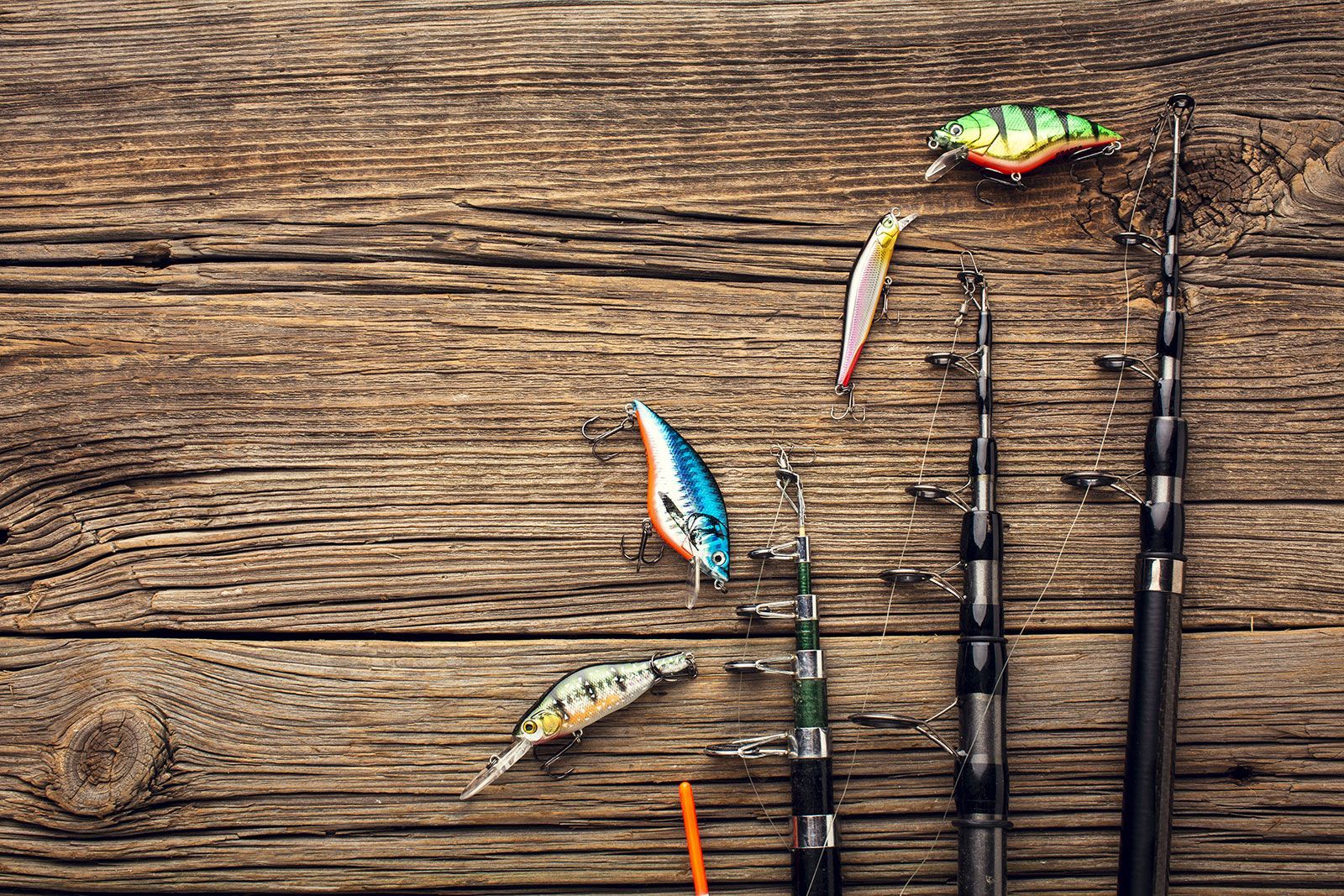Fishing Boat Safety: Essential Tips Every Angler Should Follow.
Safety is paramount when embarking on any fishing boat adventure. The allure of the open water and the thrill of the catch can sometimes overshadow the inherent risks that come with maritime activities. Fishing boats, while sources of immense joy and recreation, are not without their hazards. These can range from sudden weather changes and equipment failures to navigational challenges and the risk of falling overboard. Such dangers underscore the critical need for preparedness and adherence to safety protocols. Ensuring that every fishing trip is equipped with the necessary safety gear, knowledge of first aid, and a keen awareness of weather and water conditions can dramatically reduce the risks involved. By following essential safety tips, anglers can enjoy the serenity and excitement of their fishing expeditions, confident in their ability to respond to any challenges that arise. This proactive approach to safety fosters a secure and enjoyable environment for everyone on board, making every fishing journey not only memorable but also safe.
Understanding the Basics of Fishing Boat Safety
Understanding the nuances of your fishing boat is the first step towards ensuring safety at sea. Fishing boats come in various forms, each designed for specific water conditions and fishing practices. From the sturdy bass boats ideal for freshwater angling to the spacious cabin cruisers used in deep-sea fishing, knowing the capabilities and limitations of your vessel is crucial. For instance, flatboats are excellent for calm, shallow waters but may not fare well in rougher seas, highlighting the need for anglers to choose a boat suited to their fishing environment and to understand its handling and emergency procedures.
Equally important is weather awareness. Before setting sail, a thorough check of the weather forecast is a must. Changes in weather can be abrupt and dangerous, especially on open water. Understanding weather patterns and knowing how to interpret signs of impending bad weather, such as darkening clouds or sudden wind shifts, can be lifesaving. This knowledge enables anglers to make informed decisions about when to head back to shore.
Moreover, safety certifications and training are indispensable tools in an angler's arsenal. Boating safety courses provide essential knowledge on navigation, emergency procedures, and legal requirements. These certifications, often offered by maritime authorities or boating clubs, equip anglers with the skills needed to handle their fishing boats responsibly and to respond effectively in emergency situations. Completing such courses not only enhances personal safety but also contributes to the safety of all individuals on the water, ensuring that each fishing trip is as safe as it is enjoyable.
Essential Safety Gear for Every Fishing Trip
Life jackets and Personal Flotation Devices (PFDs) are the cornerstone of onboard safety for any fishing boat. Available in various designs, from inherently buoyant foam vests to inflatable harnesses, selecting the right type for the specific fishing activity is vital. Inflatable PFDs, for instance, are popular for their comfort and mobility, but foam life jackets provide immediate buoyancy without the need for manual or automatic inflation. Regulatory bodies often mandate the presence and use of PFDs, with requirements varying by region and vessel size, underscoring the universal recognition of their importance in safeguarding lives.
Effective communication can make a significant difference in emergency situations. VHF radios stand as the primary means of maritime communication, offering reliability and access to emergency channels. Smartphones, while convenient, may not always be reliable offshore due to limited coverage areas. Emergency beacons, such as EPIRBs (Emergency Position Indicating Radio Beacons), can be lifesavers, broadcasting a distress signal and location to rescue services.
Navigation tools like GPS devices have revolutionized maritime travel, offering precise location tracking. However, traditional maps and compasses remain indispensable, providing invaluable backup in the event of electronic failures.
A well-stocked first aid kit is essential, equipped with bandages, antiseptics, motion sickness medication, and tools for handling minor injuries or conditions. Knowledge of basic first aid can prevent minor issues from escalating into major emergencies.
Fire extinguishers and bilge pumps address the risks of fire and flooding, respectively. Regular maintenance and familiarity with their operation are crucial, as these tools can prevent minor incidents from becoming catastrophes, ensuring the safety and well-being of all on board.
Pre-Departure Safety Checklist
Conducting a thorough boat inspection before departure is essential for identifying potential issues that could compromise safety at sea. The hull should be checked for any signs of damage or wear that could lead to water ingress. The engine, the heart of the fishing boat, requires a detailed review to ensure it's in optimal working condition, including checking oil levels, fuel lines, and cooling systems to prevent breakdowns while on the water. The fuel system must be inspected for leaks or blockages, and the electrical systems, including navigation lights, bilge pumps, and communication devices, should be tested to ensure they are operational.
A safety equipment check is equally crucial. This involves verifying that all necessary safety gear, such as life jackets, fire extinguishers, first aid kits, and emergency beacons, is not only present but also in good working order. This step is vital for ensuring that, in the event of an emergency, the necessary tools are at hand and ready to use.
Lastly, preparing a float plan and sharing it with someone ashore is a fundamental safety practice. The plan should include details like the destination, expected return time, and the names of all passengers. This information is invaluable in case of an emergency, as it can significantly expedite rescue operations, ensuring timely assistance.
Safe Boating Practices
Maintaining a safe speed is fundamental to ensuring safety on a fishing boat. It's particularly crucial in crowded areas, where the risk of collisions is higher, and during poor visibility conditions, such as fog or heavy rain, where reaction times need to be maximized. A controlled speed allows for adequate response time to unexpected obstacles or changes in water conditions, safeguarding both the vessel and its occupants.
Situational awareness is another critical aspect of boating safety. Anglers must remain vigilant, constantly monitoring weather conditions and being prepared to adjust plans accordingly. Keeping an eye on surrounding vessels and potential hazards, such as floating debris or shallow waters, helps prevent accidents. This awareness extends to understanding and respecting maritime traffic rules and the right of way.
Responsible fishing practices underscore the importance of conserving marine ecosystems. This includes adhering to local fishing regulations, respecting size and catch limits, and practicing ethical catch and release. Such practices ensure the sustainability of fish populations for future generations.
The combination of alcohol and boating is a dangerous mix. Impaired judgment and slowed reaction times significantly increase the risk of accidents on the water. Boating under the influence not only endangers the lives of those on board but is also illegal in many jurisdictions, highlighting the importance of sober operation for the safety and well-being of all involved.
Handling Emergencies on the Water
In the event of a man overboard situation, immediate action is crucial. The first step is to maintain visual contact with the person overboard and alert other passengers by shouting "Man overboard!" Deploy a throwable flotation device to assist the person in staying afloat while the boat maneuvers to perform a rescue. It's essential to approach with caution, keeping the person on the downwind side to avoid drifting away from them. A well-rehearsed procedure and calm execution are vital for a successful rescue.
When it comes to water entry and exit, safety is paramount, particularly in deep water or during a capsizing event. Always face the boat when getting in or out, using the ladder if available, and ensuring hands are free to hold onto the boat for stability. In situations where the boat capsizes, staying with the boat provides a larger target for rescuers and can offer some support to stay afloat.
Emergency signaling is a critical component of boating safety. In distress situations, flares can be used to signal for help, visible both day and night. Sound signals, like horns or whistles, are effective in fog or other conditions where visibility is reduced. Lights, particularly strobe or flashing lights, are also essential, especially at night, to attract the attention of rescuers. Having these signaling devices readily accessible and knowing how to use them can significantly increase the chances of being located and rescued.
Conclusion
Adhering to safety tips and practices is paramount when it comes to enjoying time on the water with Endless Summer Charters. By emphasizing the importance of preparedness, from understanding your vessel to knowing how to react in emergencies, anglers can significantly reduce the risks associated with fishing trips. It's crucial that every outing with Endless Summer Charters, reachable at (904) 501-7374, is approached with a safety-first mindset. This includes routine checks of the boat's condition, ensuring all safety equipment is onboard and functional, and being aware of weather conditions and potential hazards.
We encourage all our guests to always prioritize safety. This not only protects you and your loved ones but also ensures that every fishing adventure is a joyous and memorable experience free from accidents. Remember, the goal is to return from each trip with great stories and catches, all made possible by a commitment to safety. Let's make every outing with Endless Summer Charters a testament to the joy and security that come from responsible boating practices. Your vigilance and adherence to safety protocols are the keys to endless, carefree summers on the water.
FAQ’s
-
What are the most important safety items to have on a fishing boat?
The essential safety items for any fishing boat include life jackets or personal flotation devices (PFDs) for every passenger, a first aid kit, fire extinguishers, a VHF radio or another reliable communication device, emergency signaling devices like flares, and navigational tools such as a GPS device, maps, and a compass. Ensuring these items are on board and in good working condition is crucial for safety.
-
How do I choose the right life jacket for my fishing trip?
When selecting a life jacket, consider the water conditions, the type of fishing activity, and personal comfort. Ensure the life jacket is USCG-approved, fits well, and is suitable for the wearer's size and weight. Inflatable life jackets are popular for their comfort and ease of movement, but foam life jackets provide immediate buoyancy without the need for activation.
-
Why is it important to check the weather before going out on a fishing boat?
Weather conditions can change rapidly and can significantly impact the safety of your fishing trip. Checking the weather forecast helps you avoid being caught in dangerous conditions like storms, high winds, or rough seas. Being aware of the weather also allows you to plan your trip during the safest and most enjoyable conditions.
-
What should I do if someone falls overboard?
If someone falls overboard, immediately shout "Man overboard!" to alert others, keep visual contact with the person, and throw a life ring or PFD to them. Turn the boat around and approach the person slowly, keeping them on the downwind side. Once close, turn off the engine and retrieve the person from the water, taking care not to injure them with the boat.
-
How can I ensure effective communication in case of an emergency?
Always have a fully charged and functional VHF radio to communicate with other boats and the Coast Guard in case of an emergency. Additionally, carrying a smartphone in a waterproof case can be useful for areas with cell service. It's also wise to have an emergency beacon, like an EPIRB, which can send a distress signal with your location to rescue services.
Search
Recent News
Services
All Rights Reserved | Endless Summer Charters




